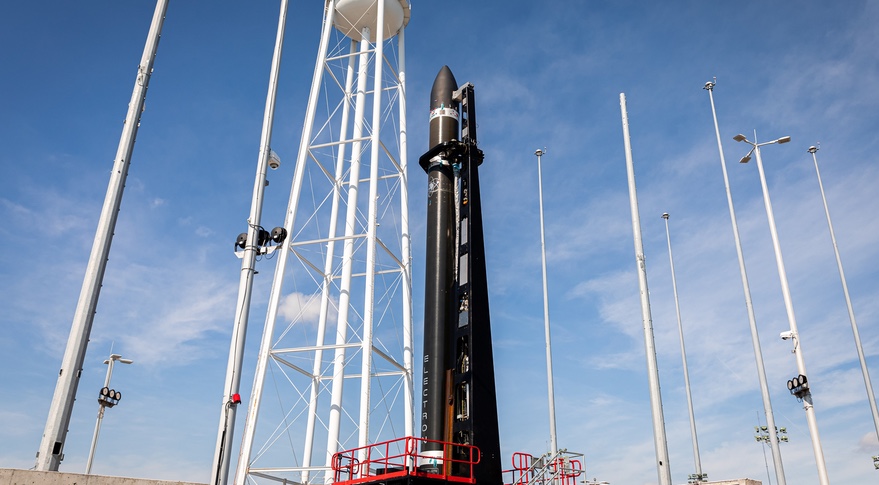Rocket Lab will expand facilities in Colorado it obtained from a corporate acquisition last year as the company gears up for the first launch in a ‘crazy busy’ year.
Rocket Lab announced recently that will open a new ‘space systems complex’ in Littleton, Colorado, near the current offices of Advanced Solutions, Inc. (ASI), a company that Rocket Lab acquired in October 2021. ASI develops flight software used by both government and commercial satellite operators.
The new complex, with 40,000 square feet of office, lab and production space, will include two mission operations centers. It will allow ASI’s staff to double to more than 120 people by early 2023.
Peter Beck, chief executive of Rocket Lab, said in an interview that one reason for the expansion is to support the growing demand for ASI’s products. “The team has done really well in the last six months over there and there’s been a lot of growth,” he said. “We need to double the size of that not only for meeting current programs but also ambitions for the future.”
Rocket Lab’s acquisition of ASI also gave Rocket Lab a presence in Colorado and the state’s growing space industry. “There’s a tremendous center of gravity of talent there,” he said. “In the industry at the moment, talent is the toughest part.”
ASI is one of three companies Rocket Lab acquired last fall after it completed its merger with a special purpose acquisition company and became publicly traded. In November it bought Planetary Systems Corporation, which produces satellite dispensers and separation systems. In December it purchased SolAero, a manufacturer of aerospace structures and space solar power products.
Beck said Rocket Lab has taken a light touch to integrating its acquisitions. “These teams are successful because they built successful businesses over a long period of time,” he said. “I see our role as to go in there and provide them with the resources that they quite often haven’t been able to get to grow.”
The acquisitions also help Rocket Lab be more vertically integrated and insulate it from supply chain challenges. “I’m really happy with the synergies that are running across all of the divisions at the moment,” he said. “If we’re a little bit short on capacity in one place, we can absorb it in another.”
Beck said Rocket Lab is planning a more active launch year than 2021, when the company conducted six Electron launches. The company was slowed down last year by an Electron launch failure in May that grounded the vehicle for two and a half months, as well as Covid-related restrictions in New Zealand, where the company performs its launches, that caused a gap of nearly four months between launches.
“We have quite a backlog from last year,” he said. Two launch vehicles are current at the launch site with a third in storage ready to be shipped. “You’ll see from here on in a pretty rapid cadence of vehicles to clear through.”
He said the company is looking at a launch rate of about one per month. “I think you’ll see some announcements shortly that will speak to our ability to clear through the backlog,” he said. “We have a crazy busy year ahead.”











